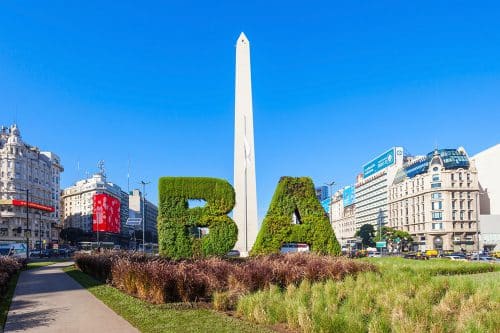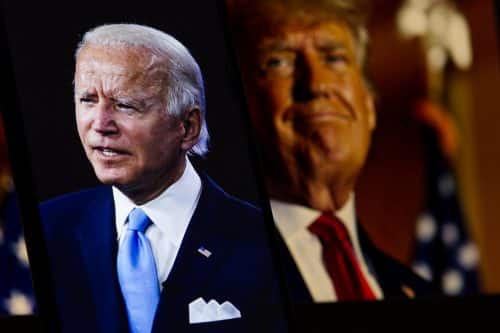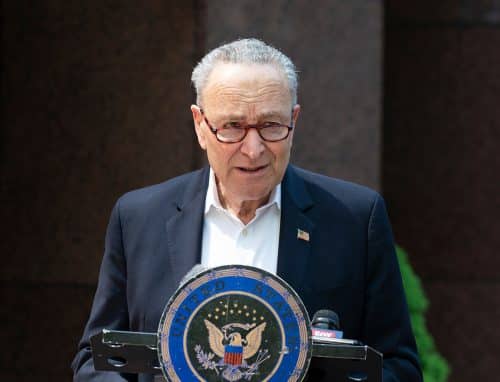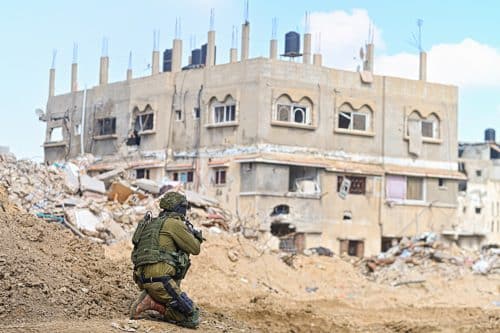Brigadier General Amir Avivi, founder and director of the IDSF movement, cannot find peace, and that is saying a lot about a man who throughout his long military career has seen more that his fair share of situations involving live fire. Since the coalition had announced its intention of signing the gas agreement with Lebanon, Avivi and his movement, with all its 6,000 member officers and soldiers, have launched into 24/7 activity to block the move, since, explains Avivi, it poses a clear threat to the State of Israel on numerous levels.
We sat with Amir for a heartfelt interview on the deal in question, aiming to understand why, in his opinion, the signing of the deal marks in effect Israel’s capitulation to Hezbollah’s extortion; why he thinks that the government does not have public and legal legitimization to do so, and what should be done before it’s too late?
The Triangle of Dispute: Unprecedented Concession on Part of the State of Israel
“We are all familiar with the land border between Israel and Lebanon. From Rosh Hanikra in the west, through Ramot Naftali at the foot of the Galilee Panhandle and north towards Metula and from there on to Mount Hermon. However, it is only recently that most of us have learned about the maritime border between the two countries.”
What’s the dispute between Israel and Lebanon all about?
“In short, the issue revolves around a maritime triangle off the coasts of Israel and Lebanon, currently under Israel’s control, where there are strong prospects of finding considerable reservoirs of natural gas.”
So what is the Gas Deal with Lebanon?
“The core of the agreement is the aforementioned triangle, over which Lebanon demands sovereignty – a demand that will be awarded if the deal is signed. It is important to remember that the new border line is determined as per the Lebanese demand, officially signing a territory of over more than 860 square kilometers (332 square miles) over to Lebanon’s exclusive economic maritime zone. Just for comparison, the Dan metropolis in the heart of Israel lies on an area of some 1,500 square kilometers (580 square miles).”
What, then, is propelling the Israeli government to make such a concession?
“What we are seeing is a feeble attempt to gain a semblance of calm for the short term, motivated by fear of confrontation with a terrorist organization, which is in effect blackmailing a sovereign state. Israel’s capitulation to extortion threats from a terrorist organization following almost a decade of negotiations is nothing more than protection money, and poses a huge risk to Israel’s security and deterrence power.”
Is a war with Lebanon a better option?
“Look, relinquishing sovereign territories is a far-reaching precedent that undoubtedly will become a long-lasting source of trouble. Israel had never given up territories over which it held sovereignty. According to opinions from international law experts, once Israel declares sovereignty over the territorial waters of contention – it controls the seabed of said territory and everything below it. The jurisdiction in this case is not akin to that of the Sinai Peninsula, for example, so your question is irrelevant, since from a diplomatic perspective, one considers the long term, and the full ramifications of our decisions – and not just in the short-term – is whether we will have a war or not.”
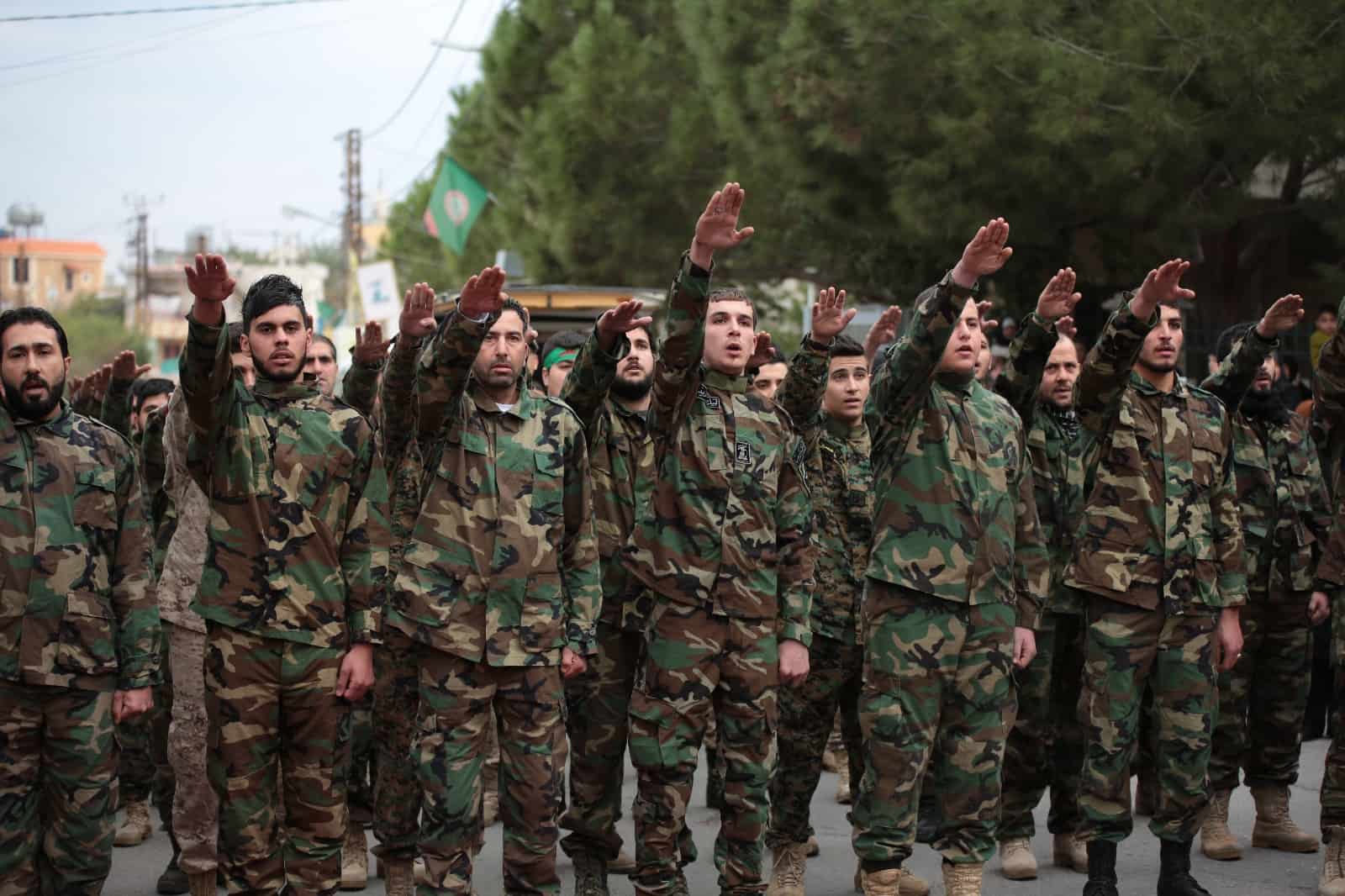
The Politicians Are Hiding Behind Leaks from the Cabinet
Comments by heads of Israel’s Security Establishment, leaked from Cabinet meetings – show they are in favor of the gas deal
“When politicians leak comments made by the heads of the security establishment to the press, as a means with which to justify their own decisions, it attests more than anything to the severity of the act and the graveness of the problem”.
What do you mean?
“Meaning that relinquishing sovereign territories, requires – by force of the basic laws – to bring the issue before the Knesset for public debate and to obtain a majority of 80 MKs, or alternatively – its approval by the people by referendum. The expedited signing of the agreement, without allowing for public debate on the matter is not only unethical – but also illegal.”
So why the fuss? If it’s illegal – it can’t happen.
“If only it were that simple. Only last week, at the Cabinet meeting, the attorney general recommended to the Prime Minister to bring the deal’s details to the Knesset’s approval, as required by law. The Prime Minister refused.”
What about the claims of support among the high ranks of Israel’s security establishment?
“I don’t want to get into questions of politics and security here, because IDSF is not a political movement. We are concerned exclusively with the safety and security of the State of Israel. Now, when the agreement and its details have been made public, anyone can realize the capitulation, concessions and numerous problems inherent therein.”
What about claims that the sooner the deal is signed – the better?
“There is no particular urgency on part of Israel to sign this agreement. Yet the transitional government – which does not have the required majority in the Knesset and the public – insists on getting it through as quickly as possible, days before Israel’s public goes to the ballots. So you tell me – where are the democracy and transparency here – the very standards that the Prime Minister demands of others? You cannot flaunt democracy only when it’s convenient.”
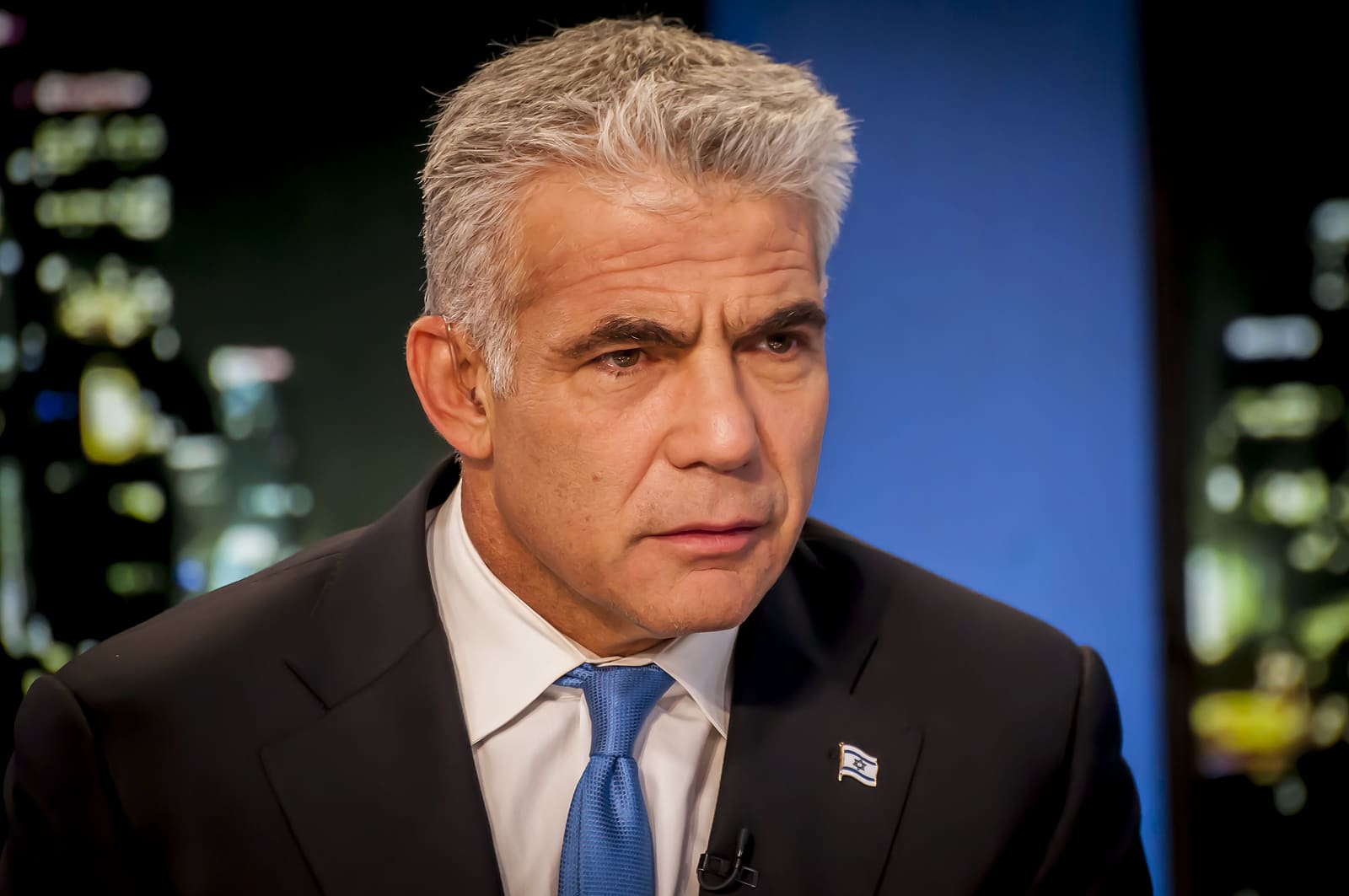
Not A Gas Deal, Rather A Protection Racket with A Murderous Organization
How do you explain the contradiction between Yair Lapid’s proclamation of the agreement as “historic” as oppose to your statement that it constitutes 100% capitulation to a terrorist organization?
“It’s very simple: putting an agreement on the table isn’t all that big of a challenge. Chamberlain signed an agreement with Hitler at the Munich conference; the Oslo Accord was signed as well. The true test is not in signing an agreement, but the scope of concessions, and security and economic ramifications it entails.”
You Tweeted that this agreement is keeping you up at night; that it won’t let you have peace of mind. Is it that bad?
“Absolutely. Signing an unprecedented agreement in the history of the State of Israel – an agreement that would lead to the erosion of Israel’s military deterrence towards an enemy that sits only several kilometers from Kiryat Shmonah; an agreement that would only serve to whet the appetites of a murderous organization, which strives for as many Israeli casualties as possible – this absolutely keeps me up at night.”
What needs to be done at this point?
“IDSF, which has over 6,000 members, among then high-ranking officials, commanders and soldiers from all branches of the army, calls on the citizens of Israel to sign a petition against the capitulation of Israel to extortion, the erosion of our deterrence, the wholesale of national assets and dangerous and far-reaching steps made without public and legal legitimacy. Furthermore, we are in regular contact with the top tier of decision-makers in Israel, with the aim of blocking the signing of this dangerous agreement. Signing the petition can go a long way in helping to block this agreement.”

